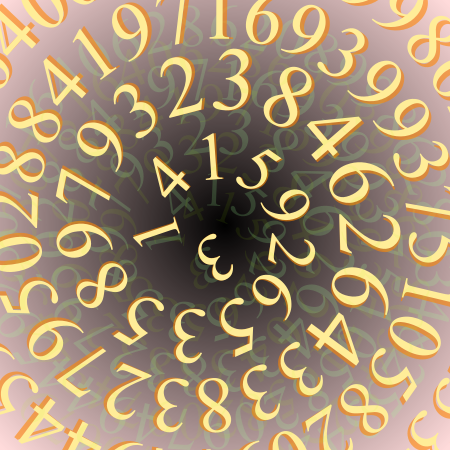 I have been on the hunt for a decent math program for a little over a decade now (this includes my years as a public school teacher). My problem is that I am about 30 years too late. I am almost to the point of ripping up my current math book and stapling it back together in the right order.
I have been on the hunt for a decent math program for a little over a decade now (this includes my years as a public school teacher). My problem is that I am about 30 years too late. I am almost to the point of ripping up my current math book and stapling it back together in the right order. Here's the deal
It seems like every stinking math program since the 60s is based on the idea that human beings learn in the following manner: we try something new, leave it, try something else, leave it, then review. Sounds very sensible until you put it into practice. It's called spiraling and even when a program swears it is unit based, it isn't. It just takes the spiral longer to unwind: spending a day or two on a skill as opposed to spending one or two problems a day on it.
Here's how it looks in a math book for a 7 year old. This is how you regroup. Here are 15 problems of regrouping. Moving on! Here's how you tell time to the minute. Don't forget how to regroup. Moving on! Here's how you add columns of numbers. Don't forget that regrouping now. Or the time thing. Moving on! Remember subtraction? Here's some of that. Now back to that regrouping thing: can you regroup even bigger numbers? Try it. Moving on! Let's do shapes now! Back to the subtraction. Don't forget time. Moving on! Now to regroup columns of numbers! Test Monday!
Sounds like a recipe for confusion doesn't it? What it turns out to be is the probable reason behind our continual slide down the worldwide comparisons of math comprehension. We used to teach math differently. We also used to excel in the world's arena of math and science. However, I am less interested at the moment in world-wide performances. What I'm more interested in is allowing my child to feel competent at any given math skill before Moving on! to the next one.
As a teacher and as a mom I've learned one thing about children's learning styles: for the most part, when children are working on a skill, they stick with it. They play the same game over and over, want that same book every night, try the same somersault again and again. Kids don't like dribbles and drabs of knowledge. They like to wrestle with a concept for a good long while.
Meanwhile, as it turns out, my math program is so hopelessly dribbly-drabbly that I can't repaginate and staple it back together because no two pages go together! Gah! That's what I get for thinking that since the first grade math program was structured fairly well, that the second grade would be, too. I'll never buy without a review again.
Meanwhile, I'm going to do some time traveling for third grade and teach like it's 1959!

Finding a method that works for a 7 year old is quite different than finding one that works for older kids. I taught high school and college math, so my experiences with lower level math aren't much, but i'll try to help..
ReplyDeleteIntegration only works to a certain point. If there's too much integration it causes confusion and the likes. When I took Integrated Algebra i struggled. When I took regular Algebra I passed flying colours.
If I had the time I'd write a customized program for you, but alas, I'm kind of in seminary and barely have time for hobbies anymore, lol.